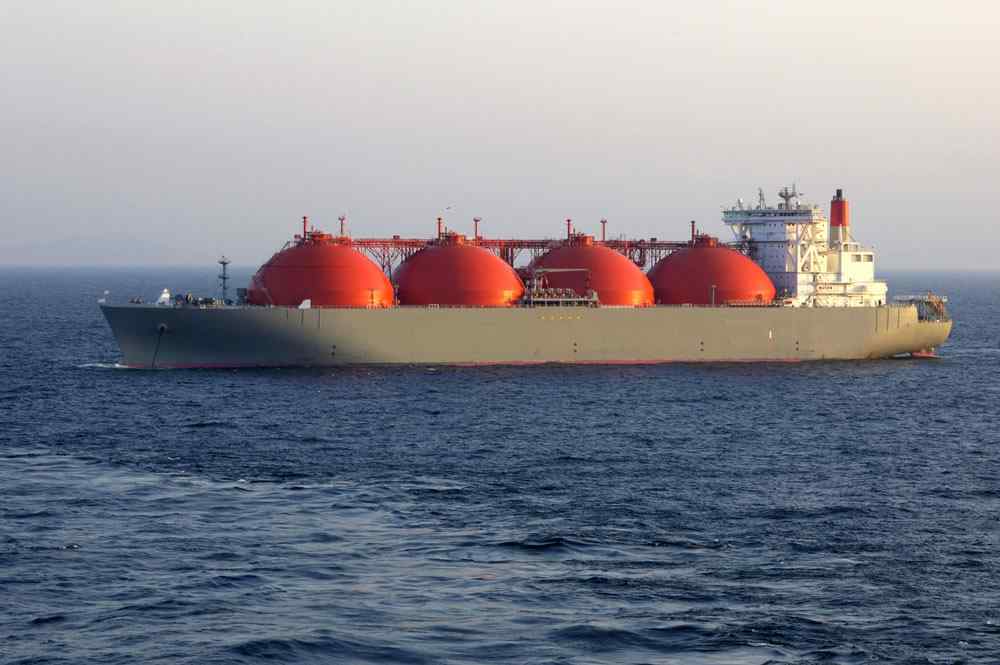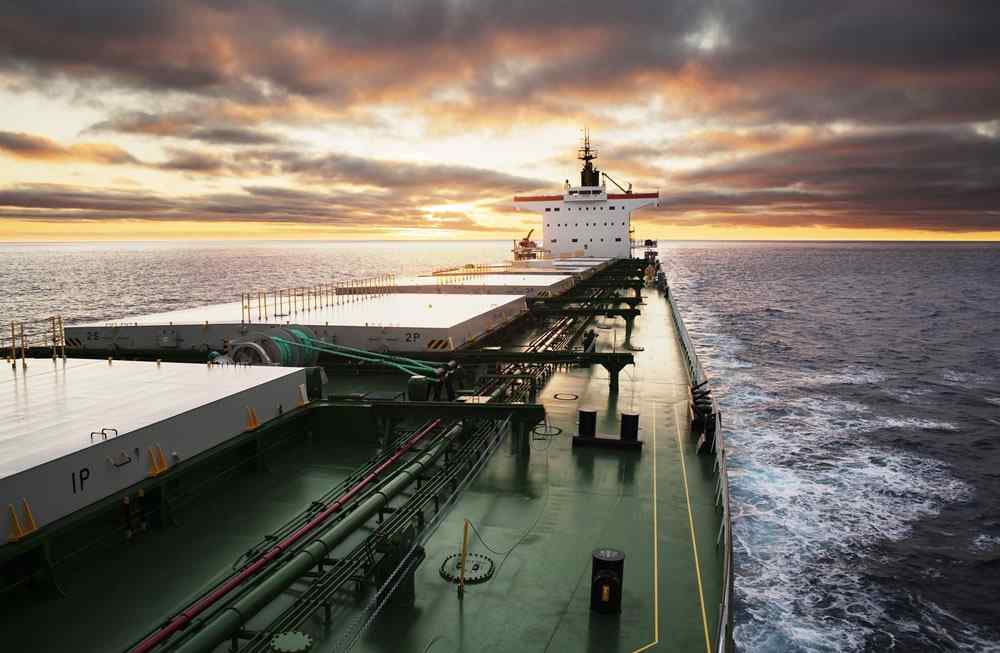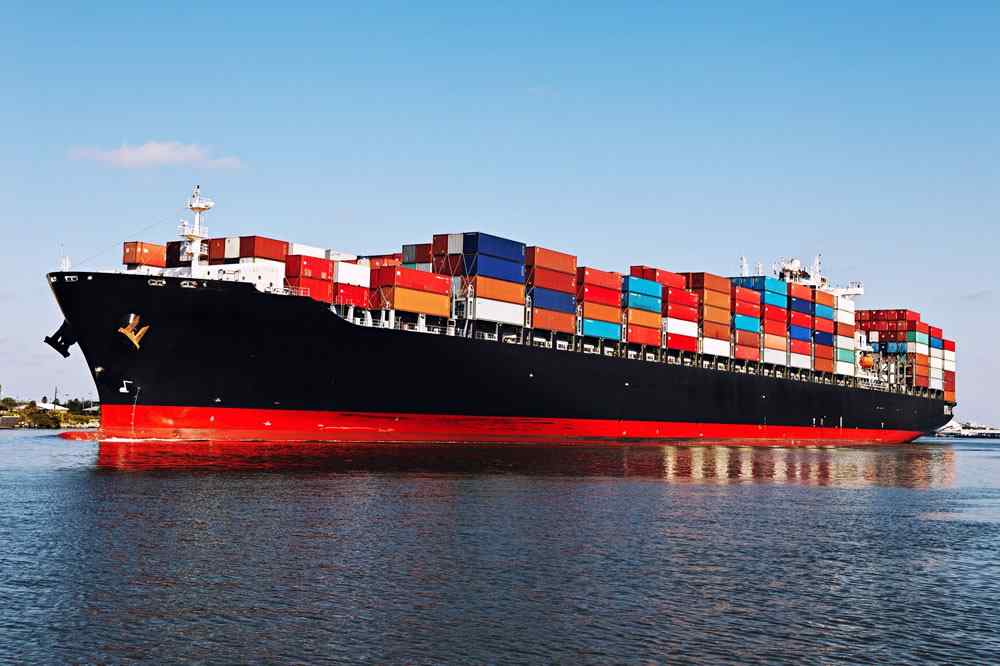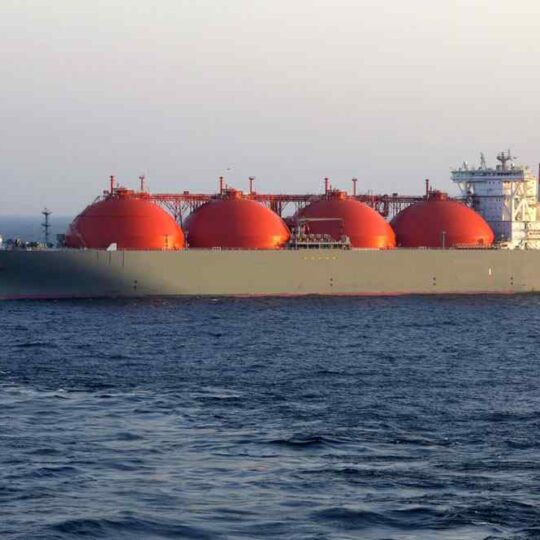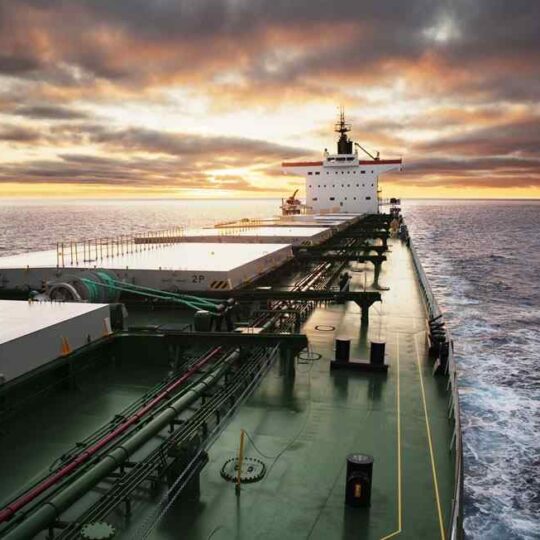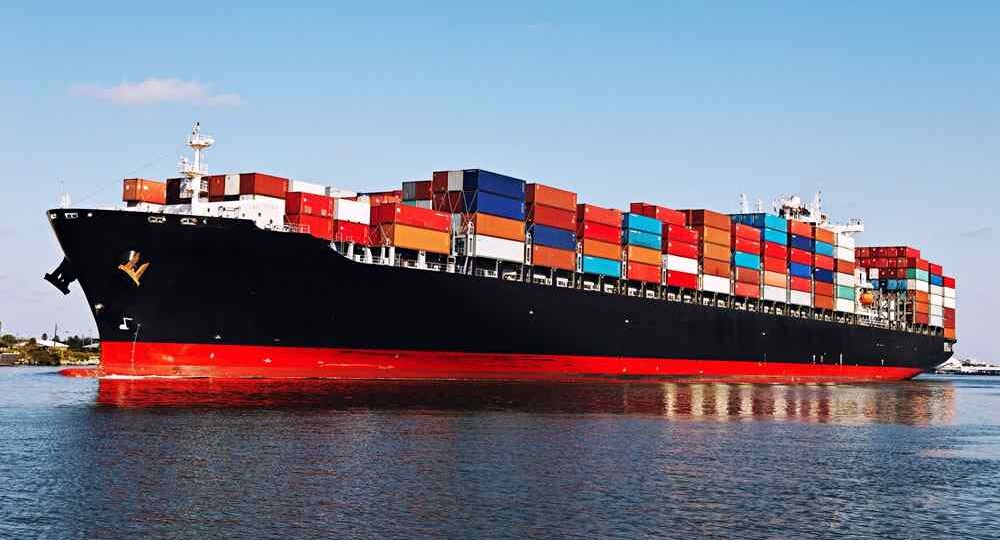Cargo ships
Container shipping is the lifeblood of our global economy, with over a billion tonnes of cargo carried annually in containers.
World Flight Trading Expedited Logistics Inc’s innovative solutions based on our integrated product portfolio and digital applications for the container fleet deliver savings in efficiency, fuel use and emissions, helping to meet new and future industry challenges and regulations.
World Flight Trading Expedited Logistics Inc’s fully integrated solutions span bridge, propulsion, navigation, planning, reporting and maintenance systems. This, with real-time monitoring and management of parts, energy, power and propulsion, secures long-term operational and overall fleet management performance.
Research carried out by World Flight Trading Expedited Logistics Inc shows that, by using LNG fuel and taking a holistic view of onboard power generation, potential OPEX savings of up to 20% are achievable compared with a typical 14,000 TEU container vessel operating on MGO. Taking into account methane slip, fuel and pilot fuel use, these measures also deliver CO2 equivalent emissions reductions up to 24%, making them a significant contributor to operational sustainability and regulatory compliance whilst still delivering economic savings of around 3% when CAPEX is amortised over 10 years.
- Future proof – Efficient solutions to transition from LNG to future zero emission fuels, allowing shipowners to upgrade now whilst being confident that there is a clear path to adopting next-generation fuels and bunker infrastructure.
- Increased operational efficiency – Digitally enabled vessel optimisation reduces running costs, while smart condition monitoring and maintenance tools eliminate downtime through optimal task management.
- Enhanced fleet management – Greater insights over entire vessel operation are achieved by uniting multiple systems on a single platform. This enables better real-time and long-term decision making – both at sea and on shore.
- Category
- Cargo Ships
- Number of Vessels
- 40
- Container Vessels
- 8
- Bulk Vessels
- 12
- Tanker Vessels
- 8
- LNG Carriers
- 12
